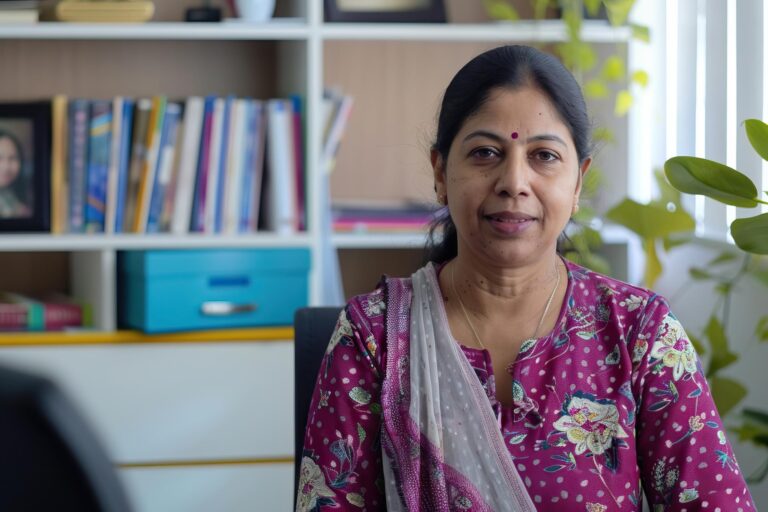Menopause. It’s often a word wrapped in mystery, confusion, and fear. You thought you’d just stop menstruating and move on with life. But instead, you feel like you’re grieving a version of yourself that no longer exists—and possibly a future you didn’t quite plan for.
While menopause marks the end of menstrual cycles, it also signals the beginning of a new phase of life—a phase that can be filled with a sense of liberation, renewal, and self-discovery. However, the transition can also bring up feelings of sadness, anxiety, and even a sense of loss.
It can bring up fear, frustration, and a deep, unsettling sense of What now?
The Emotional Rollercoaster of Menopause
In India, menopause is often seen as the “end” of womanhood. But for many women, it marks a new chapter that’s filled with uncertainty. You might feel like you’re disappearing—physically, emotionally, and even socially.
The symptoms vary widely, but some of the emotional experiences may include:
- Grief: Letting go of the idea of fertility and childbearing can bring about feelings of grief and loss.
- Sadness or depression: The hormonal shifts during menopause can lead to mood swings, depression, or feelings of sadness.
- Anxiety: Many women experience anxiety about aging, health, and what the future holds.
- Identity crisis: Some women may struggle with their self-image as they transition to this new stage of life.
- Sense of freedom: For others, menopause can be an empowering time, free from the physical burdens of menstruation and the worry about fertility.
Menopause isn’t just about hot flashes or weight gain. It’s an emotional reset, and for many women, it feels like a loss of self in ways that aren’t talked about enough. It’s important to remember that menopause doesn’t mark the end of your life—it marks the beginning of a new chapter. However, without emotional support, it can feel like a time of uncertainty, fear, and confusion.
Why Menopause Feels Like a Silent Crisis
It’s common for women to feel invisible, dismissed, or unsupported during menopause—especially in Indian culture, where youth and fertility are still seen as vital to a woman’s worth. This can lead to:
- A sense of isolation, with few people in your life who truly understand
- Misunderstandings from friends, family, or colleagues who expect you to “just cope”
- A struggle to find resources that speak to your emotional experience, not just the physical symptoms
The more you try to “hide” how menopause is affecting you, the more it wears on your mental health.
Let’s Talk About the Real Transition: You’re Still You
You may be facing a period of grief for lost youth or lost dreams. And yes, you may feel like you’re just fading into the background. But menopause is also a time of profound transformation.
At Paloma Care, we don’t just focus on the physical shifts. We honor the emotional journey, too.
Our counselors specialize in:
- Emotional validation: A counselor can provide a safe space for you to express the emotional complexity of menopause without judgment.
- Stress management: Counseling helps you manage the anxiety and stress that can arise from hormonal changes.
- Identity support: As you adjust to this new phase of life, counseling or therapy can help you explore and redefine your sense of self.
- Relationship guidance: The emotional changes during menopause can affect relationships, and counseling can support you and your partner through these shifts.
Menopause can feel like an end. But it can also be the beginning of a powerful, self-defined phase of life.
You Don’t Have to Go Through Menopause Alone
You deserve more than just advice on symptoms. You deserve a safe space to reclaim your life and thrive in this new chapter.
Feeling lost or overwhelmed by menopause?
Talk to a Paloma Care counselor who specializes in helping women navigate this transition with emotional support and understanding.
References:



